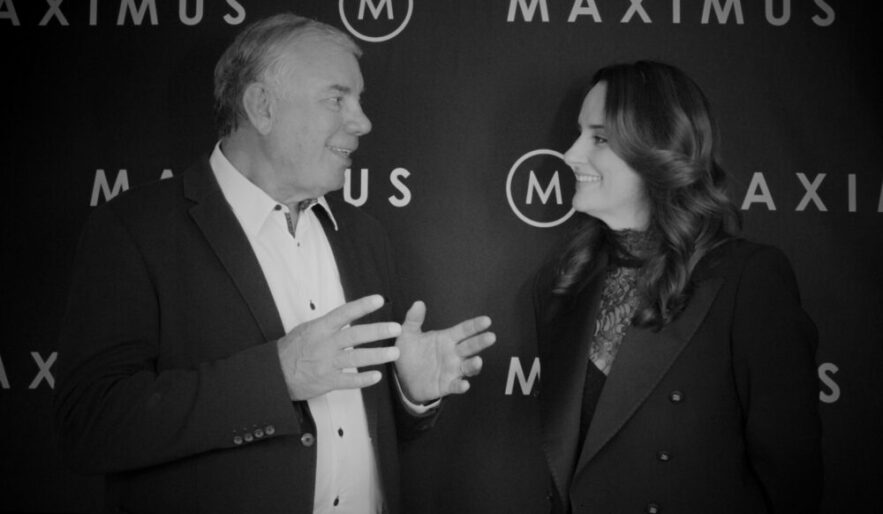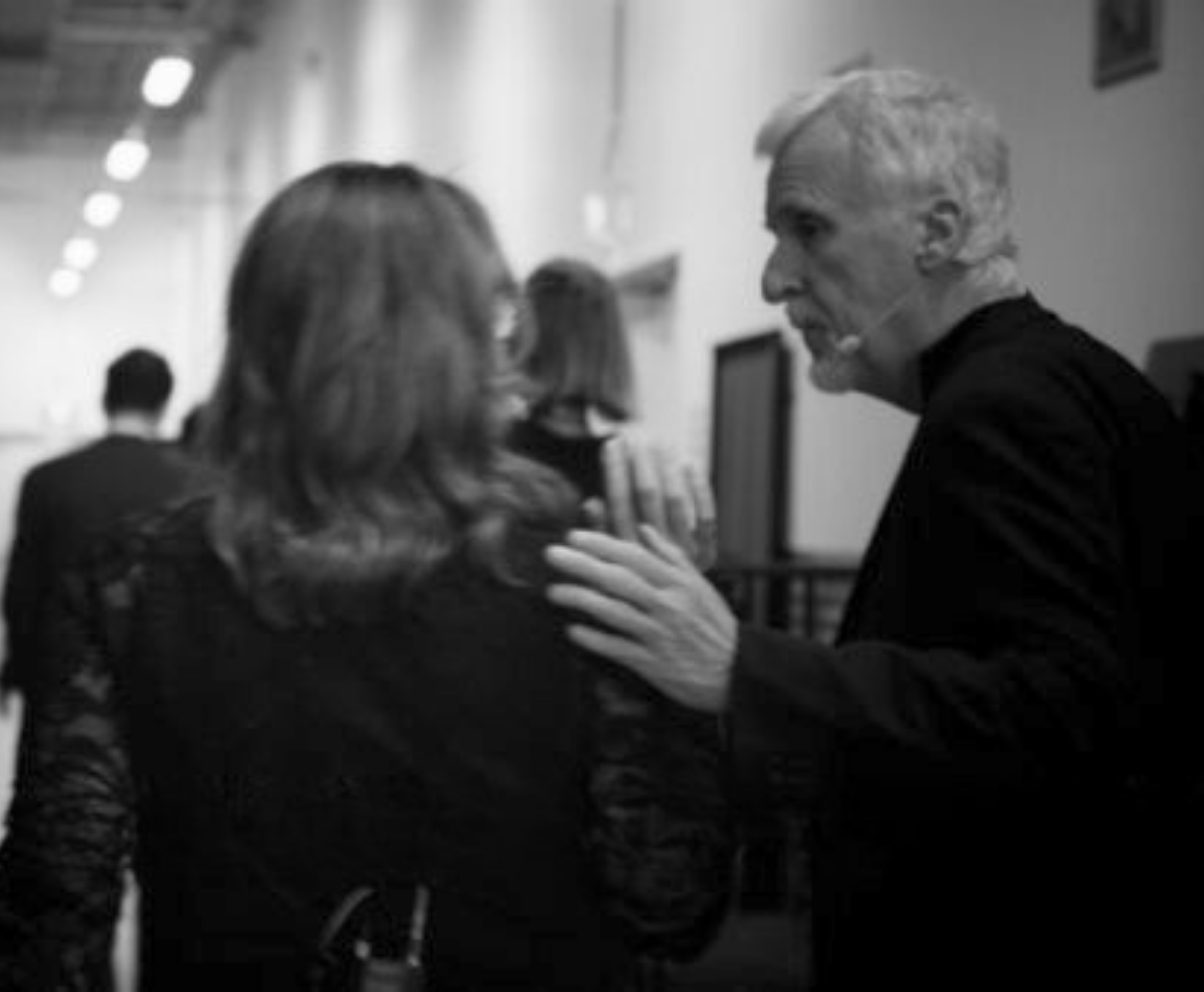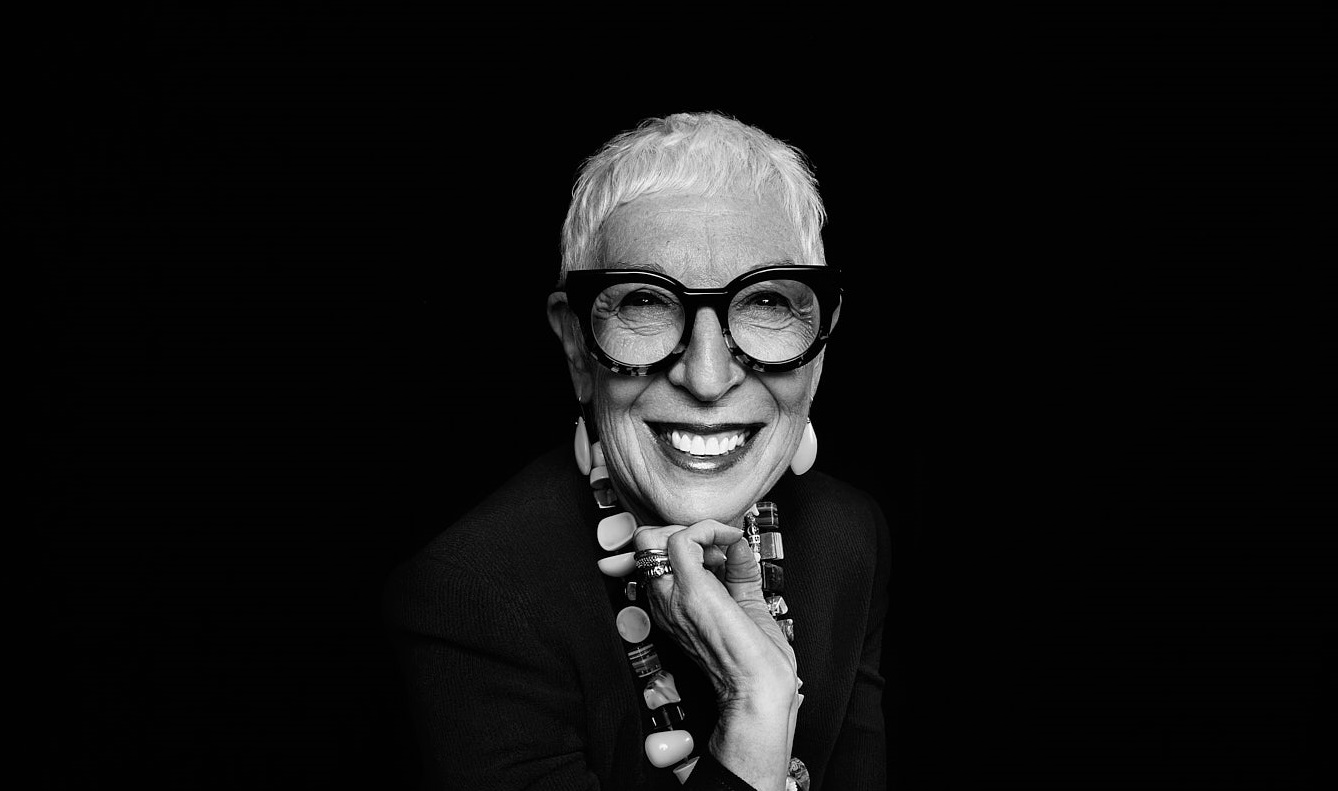It’s time to unveil the best of the best! We’ve selected 10 of the best TED talks from 2016 for leaders. Essential viewing for leaders thinking about the future of their organisations and their teams.
Are you a giver or a taker?
In every workplace, there are three basic kinds of people: givers, takers and matchers. Organizational psychologist Adam Grant breaks down these personalities and offers simple strategies to promote a culture of generosity and keep self-serving employees from taking more than their share.
4 ways to build a human company in the age of machines
In the face of artificial intelligence and machine learning, we need a new radical humanism, says Tim Leberecht. For the self-described “business romantic,” this means designing organisations and workplaces that celebrate authenticity instead of efficiency and questions instead of answers. Leberecht proposes four (admittedly subjective) principles for building beautiful organisations.
How the blockchain is changing money and business
What is the blockchain? If you don’t know, you should; if you do, chances are you still need some clarification on how it actually works. Don Tapscott is here to help, demystifying this world-changing, trust-building technology which, he says, represents nothing less than the second generation of the internet and holds the potential to transform money, business, government and society.
5 ways to lead in an era of constant change
Who says change needs to be hard? Organisational change expert Jim Hemerling thinks adapting your business in today’s constantly-evolving world can be invigorating instead of exhausting. He outlines five imperatives, centred around putting people first, for turning company reorganisation into an empowering, energising task for all.
Who are you, really? The puzzle of personality
What makes you, you? Psychologists like to talk about our traits or defined characteristics that make us who we are. But Brian Little is more interested in moments when we transcend those traits — sometimes because our culture demands it of us, and sometimes because we demand it of ourselves. Join Little as he dissects the surprising differences between introverts and extroverts and explains why your personality may be more malleable than you think.
How to build a business that lasts 100 years
If you want to build a business that lasts, there may be no better place to look for inspiration than your own immune system. Join strategist Martin Reeves as he shares startling statistics about shrinking corporate life spans and explains how executives can apply six principles from living organisms to build resilient businesses that flourish in the face of change.
Will automation take away all our jobs?
Here’s a paradox you don’t hear much about, despite a century of creating machines to do our work for us, the proportion of adults in the US with a job has consistently gone up for the past 125 years. Why hasn’t human labour become redundant and our skills obsolete? In this talk about the future of work, economist David Autor addresses the question of why there are still so many jobs and comes up with a surprising, hopeful answer.
What reality are you creating for yourself?
Reality isn’t something you perceive; it’s something you create in your mind. Isaac Lidsky learned this profound lesson firsthand when unexpected life circumstances yielded valuable insights. In this introspective, personal talk, he challenges us to let go of excuses, assumptions and fears, and accept the awesome responsibility of being the creators of our own reality.
Your company’s data could help end world hunger
Your company might have donated money to help solve humanitarian issues, but you could have something even more useful to offer: your data. Mallory Soldner shows us how private sector companies can help make real progress on big problems — from the refugee crisis to world hunger — by donating untapped data and decision scientists. What might your company be able to contribute?
4 larger-than-life lessons from soap operas
Soap operas and telenovelas may be (ahem) overdramatic, but as Kate Adams shows us, their exaggerated stories and characters often cast light on the problems of real life. In this sparkling, funny talk, Adams, a former assistant casting director for “As the World Turns,” share four lessons for life and business that we can learn from melodramas.








